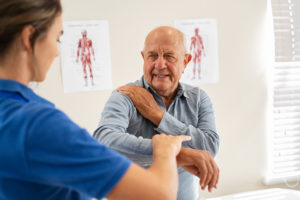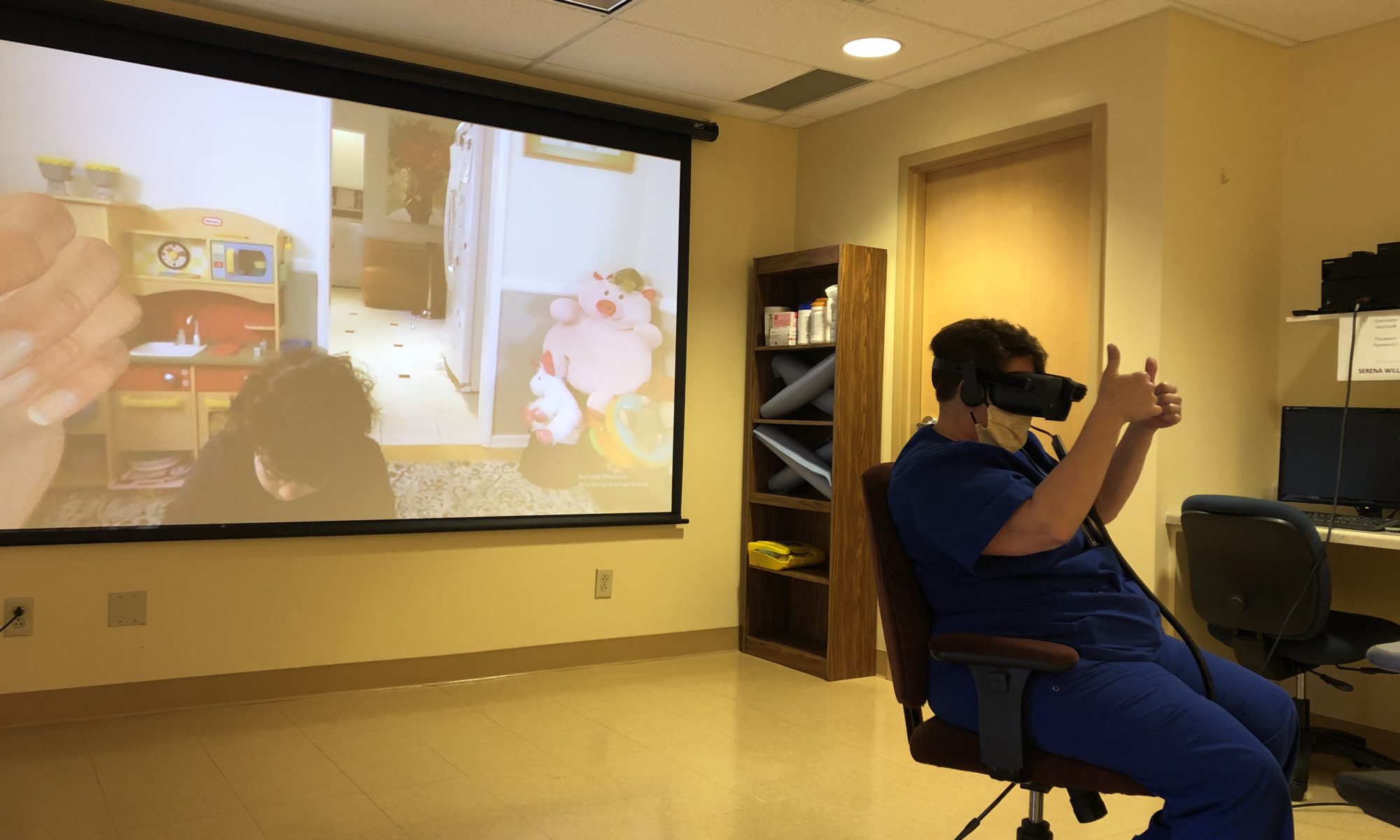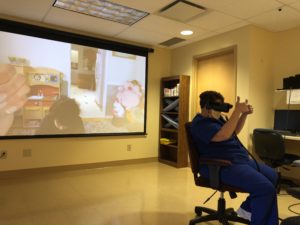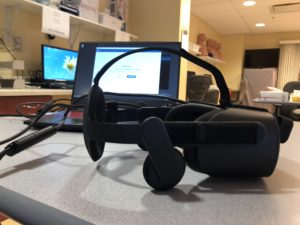Nazareth Home brings mobile orthopedic care to its campuses
 As we continuously seek to provide the best possible care, Nazareth Home recently began working with Louisville-based Live Well Orthopedic Care, a mobile orthopedic practice. Through the partnership, Live Well visits both Nazareth Home campuses on a regular basis to treat the elders who have orthopedic needs such as arthritis management, joint injections, and non-operative fractures.
As we continuously seek to provide the best possible care, Nazareth Home recently began working with Louisville-based Live Well Orthopedic Care, a mobile orthopedic practice. Through the partnership, Live Well visits both Nazareth Home campuses on a regular basis to treat the elders who have orthopedic needs such as arthritis management, joint injections, and non-operative fractures.
Live Well seeks to reduce emergency room visits among patients. “If a patient falls and fractures their arm, they can be treated in-house and potentially avoid a trip to the hospital or orthopedic office. Live Well understands orthopedic devices and orthopedic orders so they can work closely with our rehab team to get the patient well,” said Dr. Bonnie Lazor, Nazareth Home’s medical director.
Live Well is also helpful to our nursing team because if a patient needs to leave the facility for an outside medical appointment, and they don’t have a family member to accompany them, then a nursing team member would traditionally do so. Therefore, having in-house care leaves our team members on the floor where they are most needed.
If there is any indication that a patient needs to be sent out to surgery, such as in the case of a fracture or a knee or hip replacement, Live Well maintains relationships with orthopedic surgeons locally and can easily make a referral.
At Nazareth Home, Live Well works closely with Dr. Bonnie Lazor, the nursing teams, and therapy to ensure patients are making progress in their recovery. Family members are also very involved in the care.
“Our practice is known for great communication with families,” said Natalie Jeffries, PA-C, a co-owner of Live Well. “We use a team approach with patients and always include their family members in the care planning.”
Live Well Orthopedic Care was founded in 2019 by surgical orthopedic physician’s assistants Natalie Jeffries and Kirk Fougnie, with a focus on providing mobile care for geriatric patients. When the pandemic began, Jeffries and Fougnie noticed an exceptional need for in-home orthopedic care and arthritis management. So, they began by providing care for patients in the Louisville area who are homebound — including those who are wheelchair and walker-dependent — to eliminate the need for difficult transportation among fragile patients and their families. Their primary focus areas include arthritis management, injection therapies and conservative fracture treatment.





 Those of us who have not experienced memory loss can’t understand Alzheimer’s from the perspective of a person living with the disease. It’s also hard to understand end-of-life circumstances without ever being diagnosed with a terminal illness. Yet our caregivers, nurses and staff face these challenges each day. While always compassionate and caring, there has not been a way to truly put our staff in the shoes of the elder faced with these issues, until now.
Those of us who have not experienced memory loss can’t understand Alzheimer’s from the perspective of a person living with the disease. It’s also hard to understand end-of-life circumstances without ever being diagnosed with a terminal illness. Yet our caregivers, nurses and staff face these challenges each day. While always compassionate and caring, there has not been a way to truly put our staff in the shoes of the elder faced with these issues, until now.





